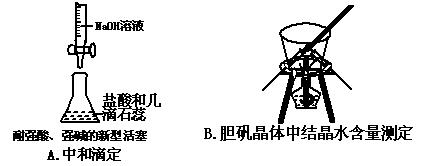There are many kinds of pollution around us, 1 air pollution, soil pollution, noise pollution and light pollution. They are bad __2__ our health in many ways.
Burning gas, oil and coal creates air pollution. It can cause sore eyes and __3__ problems.
With the increase of pollution and the development of industry, litter is everywhere. It makes our environment dirty. People put lots of rubbish in the land. Farmers use too many __4___ in the fields. They destroy the soil. So soil pollution has become serious.
Noise pollution can make people__5_. For example, people may lose their hearing if they work in a _6_ place for a long time. Too much noise can cause high blood pressure __7__.
Working for a long time in strong, changeable light __8__ cause some kinds of illnesses. It makes people feel __9__ and is especially bad for the eyes.
With ___10__ pollution, our planet will become greener and our health will be better. Let’s be greener people.
1. A. such as B. for example C. as well as D. because of
2. A. to B. in C. for D. of
3. A. breath B. breathe C. breathed D. breathing
4. A. chemical B. chemicals C. chemist D. chemistry
5. A. blind B. lame C. deaf D. healthy
6. A. noise B. noisy C. quiet D. quietly
7. A. as well B. too C. also D. either
8 A. must B. need C. should D. may
9. A. comfortable B. possibly C. terrible D. terribly
10. A. little B. less C. few D. fewer


